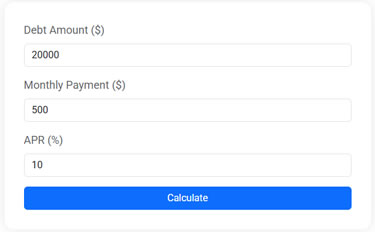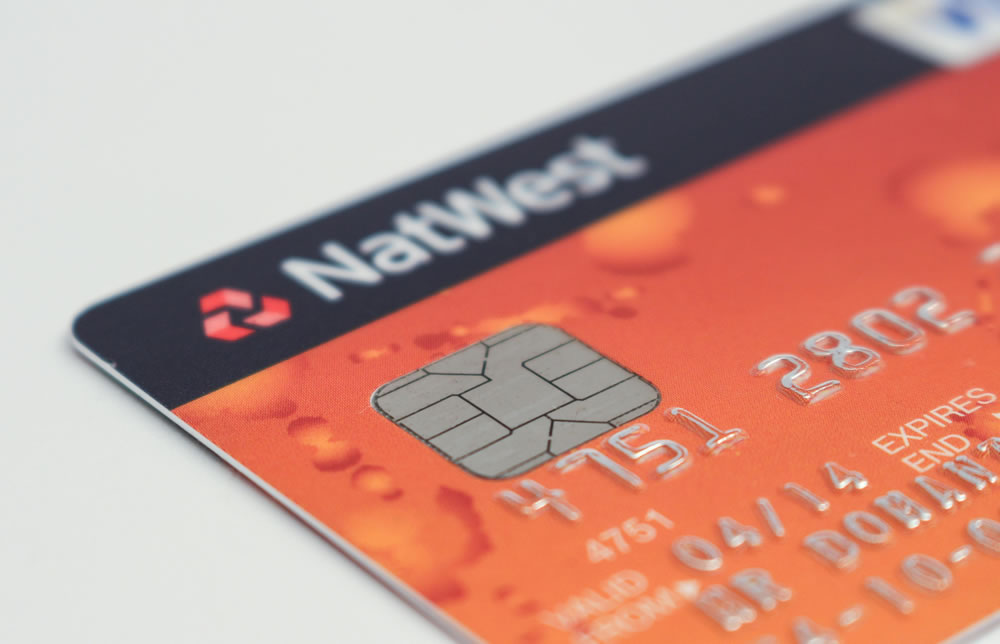Debt Consolidation vs. Debt Settlement: Which is Right for You?

Debt consolidation and debt settlement are two strategies for managing debt, each with distinct purposes and impacts on financial health. Debt consolidation involves merging multiple debts into a single loan with a lower interest rate, simplifying payments, and is ideal for those with a steady income and high-interest debts. In contrast, debt settlement involves negotiating to pay less than owed, providing immediate relief for those in financial hardship but potentially damaging credit scores and involving tax implications. Understanding the pros and cons of each option helps decide which approach aligns best with your financial situation and goals.
Debt can feel like that uninvited guest who overstays their welcome. It lingers, multiplies, and at times, feels nearly impossible to shake off. If you're juggling multiple debts, you might be wondering if there's a smarter way to manage them. Enter debt consolidation and debt settlement—two popular strategies with very different approaches and outcomes. Deciding between them isn't just about crunching numbers; it's about understanding how each option impacts your financial future. So, grab a cup of coffee, and let's break down these two methods together.
Debt consolidation and debt settlement might sound similar, but they cater to different needs and financial circumstances. Debt consolidation is like a financial spring cleaning—it organizes and simplifies your debts into one manageable pile. In contrast, debt settlement is more like negotiating a truce with your creditors, often at a cost to your credit health. Let's dive into the details of each option to help you decide which might be the right path for your financial journey.
Understanding Debt Consolidation
Debt consolidation can be a lifesaver if you're feeling overwhelmed by the sheer number of bills arriving in your mailbox each month. Essentially, it involves taking out a single loan to pay off multiple debts. This strategy is particularly beneficial if you're dealing with high-interest debts like credit cards. By consolidating, you can often secure a lower interest rate, which means more of your payment goes toward the principal rather than just covering interest fees.
Imagine you have three credit cards with interest rates ranging from 18% to 25%. A debt consolidation loan at 10% interest could ease the burden, making it easier to pay down the principal balance while reducing the stress of multiple due dates. However, it's crucial to have a steady income to make those consolidated payments consistently. Missing a payment can lead to late fees and potentially higher interest rates, putting you back at square one.
Moreover, debt consolidation loans come in various forms. You might opt for a personal loan, a balance transfer credit card, or a home equity loan, each with its own set of terms and conditions. According to NerdWallet, balance transfer cards often offer introductory 0% interest periods, making them an attractive short-term solution if you can pay off the balance quickly.
But remember, debt consolidation isn't a magic wand. It doesn't erase debt; it restructures it. If you continue to accumulate new debt after consolidation, you could end up in a worse financial position than before. The key is to address the habits that led to debt in the first place, possibly with the help of a financial advisor or a budgeting app.
Exploring Debt Settlement
Debt settlement, on the other hand, is like negotiating a deal with your creditors, where you agree to pay less than what you owe. This option is typically pursued by those experiencing significant financial hardship, who are unable to keep up with minimum payments. It's a strategy that can provide immediate relief, but it's not without its pitfalls.
For instance, let's say you owe $20,000 in credit card debt. Through settlement, you might negotiate to pay $10,000 instead. While this sounds like a great deal, it comes with strings attached. Firstly, your credit score will likely take a hit, as settlements are typically reported as a negative mark on your credit report. Additionally, forgiven debt can sometimes be considered taxable income, which might result in a surprise tax bill come April.
According to the Federal Trade Commission, it's important to choose a reputable debt settlement company if you go this route, as scams are unfortunately common in this space. A legitimate company will not charge upfront fees and will provide clear information about the process and its potential consequences. Consulting with a financial advisor before committing to debt settlement can also provide valuable insights and help you weigh your options.
While debt settlement can offer significant savings, it's not suitable for everyone. It's generally seen as a last resort, best reserved for those who have exhausted other options. The process can also be lengthy, often taking several years to complete.
Debt Payoff Calculator
Plan your financial future by estimating how long it will take to pay off your debt based on your balance, annual percentage rate (APR), and monthly payment. After entering your figures, the calculator determines the number of months needed to fully repay the debt and calculates the total interest paid over time.
Weighing the Pros and Cons
Both debt consolidation and debt settlement have their merits and drawbacks, and the right choice depends largely on your individual financial situation and goals. Debt consolidation is ideal for those with a steady income who are primarily looking to simplify their payments and reduce interest rates. It's a proactive approach to managing debt, but it requires discipline to avoid accruing new debt.
Debt settlement, conversely, offers immediate relief for those in dire financial straits. It's a reactive measure that can reduce the total amount owed, but it can also damage your credit and has potential tax implications. If your financial situation is dire and you're unable to meet your debt obligations, settlement might be a viable option.
Consider your long-term goals as well. If you plan to buy a house or finance a major purchase, preserving your credit score might be more important, making consolidation the more attractive route. However, if you're drowning in debt with no end in sight, a settlement could provide the reset you need to start fresh.
Making the Decision
Choosing between debt consolidation and debt settlement isn't a decision to be taken lightly. It requires a thorough assessment of your financial situation, including your income, expenses, debt load, and credit score. Take the time to understand the implications of each option and consider seeking advice from a financial counselor or advisor.
Remember, managing debt is as much about changing your financial habits as it is about choosing the right strategy. Whether you consolidate or settle, developing a realistic budget and sticking to it is crucial. Explore resources like budgeting apps, financial literacy courses, or support groups to help keep you on track.
In the end, the goal is to regain control over your finances and pave the way toward a debt-free life. By carefully weighing the pros and cons of debt consolidation and debt settlement, you'll be better equipped to make a decision that aligns with your financial goals and sets you on the path to financial health.








